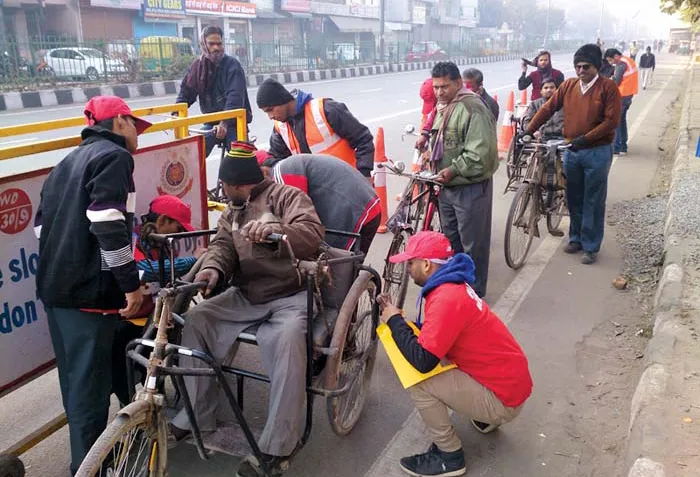India’s rate of fatal road crashes is high, with one death occurring every four minutes on average according to research. Worse still, the study also shows that India’s road deaths could increase further to a fatality every three minutes on average by 2020. The rate of road related fatalities is increasing as vehicle numbers grow in the country. Safety measures and enforcement measures are inadequate, which is why the problem is continuing to grow. The cost of this high road death rate is an economic burden
October 12, 2015
Read time: 1 min
India’s rate of fatal road crashes is high, with one death occurring every four minutes on average according to research. Worse still, the study also shows that India’s road deaths could increase further to a fatality every three minutes on average by 2020. The rate of road related fatalities is increasing as vehicle numbers grow in the country. Safety measures and enforcement measures are inadequate, which is why the problem is continuing to grow. The cost of this high road death rate is an economic burden the country can little afford, not to mention the impact at a human scale. According to the study, the cost of road deaths is a drain on the economy to a tune of US$ 58.66 billion/year at present, around 3% of India’s GDP.








